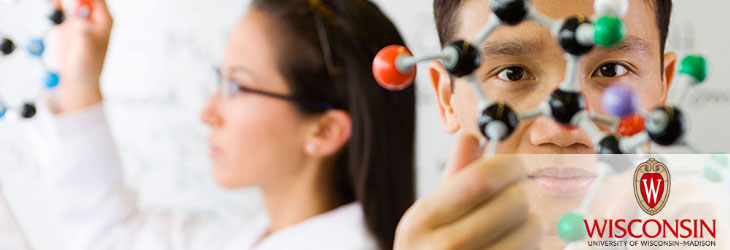Drug Discovery & Development

HERG-1 Transfected HEK 293 Cell Line B
WARF: P04289US
Inventors: Craig January, Zhengfeng Zhou, Qiuming Gong, Gail Robertson, Blake Anson, Matthew Trudeau, Corey Anderson
The Wisconsin Alumni Research Foundation (WARF) is seeking commercial partners interested in the full-length cDNA of the HERG-1 cardiac potassium channel gene, which has been cloned into human embryonic kidney (HEK 293) cells.
Overview
Re-polarization of the cardiac action potential, which plays a critical role in maintaining normal cardiac rhythm, occurs mainly due to the action of potassium ion (K+) currents in the heart. The most important of these currents is the delayed rectifier current IK, which has two components, IKs and IKr. In long Q-T (LQT) syndrome, the electrocardiographic Q-T interval is increased due to delayed re-polarization of the cardiac action potential, leading in some cases to potentially fatal arrhythmias. Drugs that cause LQT syndrome act by inhibiting IKr, which is encoded by HERG (human eag-related gene).
The Invention
UW-Madison researchers have cloned the full-length cDNA of the HERG-1 cardiac potassium channel gene into human embryonic kidney (HEK 293) cells, allowing expression of these channels in an experimental system. Since unintended block of HERG channel activity by drugs can lead to potentially fatal arrhythmias, this system provides an important screening tool for drugs in development.
Applications
- Testing lead compounds and drugs for their potential to block activity of the HERG-1 cardiac potassium channel
Key Benefits
- Cells are of human lineage and can be studied at body temperature, providing the highest stringency assay (channel defects may be suppressed at room temperature)
- The HEK 293 cell line is stable, providing a constant source of material
- Cell line has tested mycoplasma-free in an assay performed by a third-party laboratory
Additional Information
For More Information About the Inventors
Related Technologies
For current licensing status, please contact Jennifer Gottwald at [javascript protected email address] or 608-960-9854